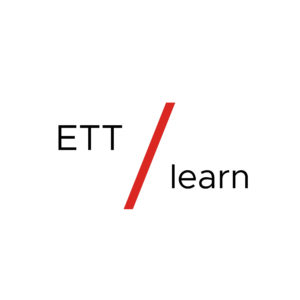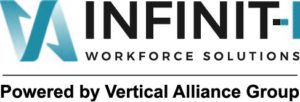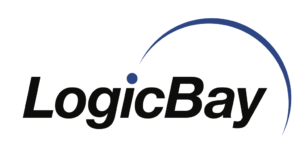Why Is A Learning Management System (LMS) For The Transportation, Trucking, And Railroad Industry Important?
Managing training for transportation workers, truck drivers, and railroad operators comes with unique challenges, such as compliance regulations, remote workforce training, and safety requirements. An LMS helps businesses:
- Ensure compliance with OSHA, DOT, FMCSA, and railway safety regulations.
- Standardize training across multiple locations and employee roles.
- Reduce training costs by offering online learning instead of in-person sessions.
- Track employee progress and manage certifications efficiently.
- Provide mobile learning so drivers and field workers can access training anytime, anywhere.
How An LMS Benefits Transportation, Trucking, And Railroad Companies
For trucking companies, an LMS helps train drivers on safety, fuel efficiency, and regulatory requirements, ensuring FMCSA compliance.
For railroad operators, an LMS tracks employee certifications, ensures safety training completion, and manages operational procedures in a structured system.
For logistics and fleet management, an LMS enhances training for dispatchers, warehouse staff, and operational teams, improving efficiency and reducing costly errors.
Choosing The Best LMS For The Transportation Industry
The transportation, trucking, and railroad industry relies on well-trained, safety-conscious, and certified employees to operate efficiently. Learning Management Systems (LMS) for the transportation sector help companies train drivers, conduct safety compliance programs, and ensure workforce development—all while reducing administrative burdens.
Before selecting an LMS for transportation and logistics training, consider the following:
- Regulatory compliance features: Does it track OSHA, DOT, FMCSA, and other requirements?
- Ease of use for drivers and field workers: Can employees complete training on mobile devices?
- Automation and tracking: Does it provide automatic reminders for recertifications and training deadlines?
- Integration with fleet management systems: Can it connect with driver tracking and HR software?
- Scalability: Can it support growing fleets and expanding operations?











